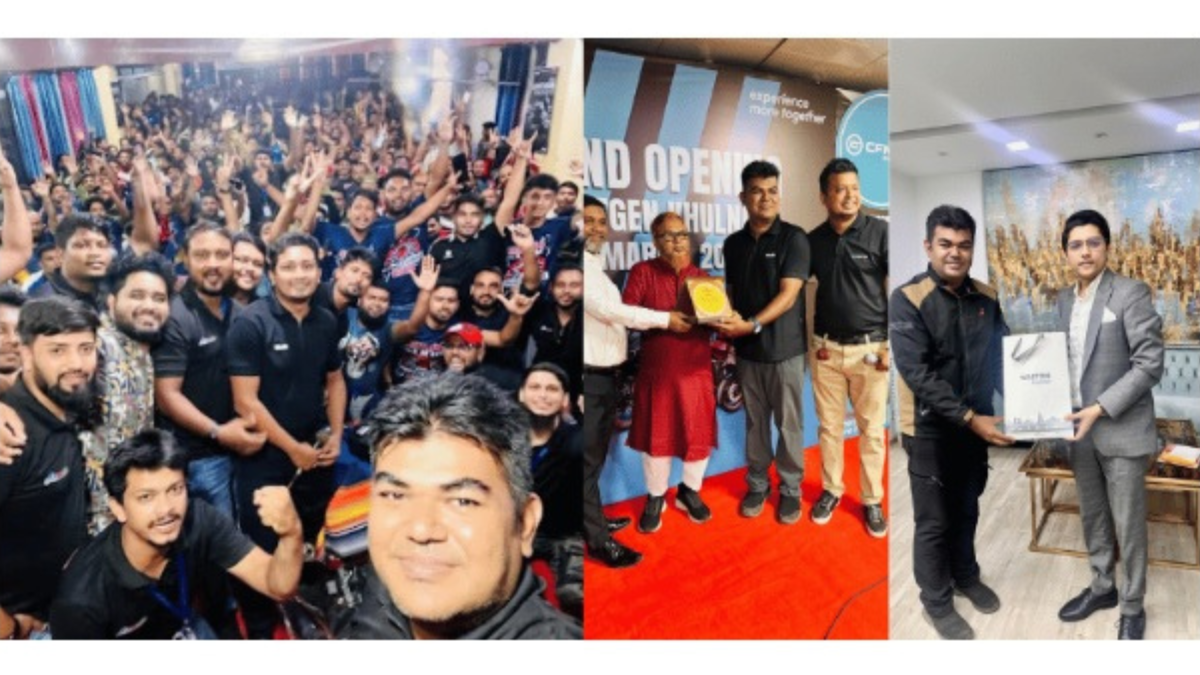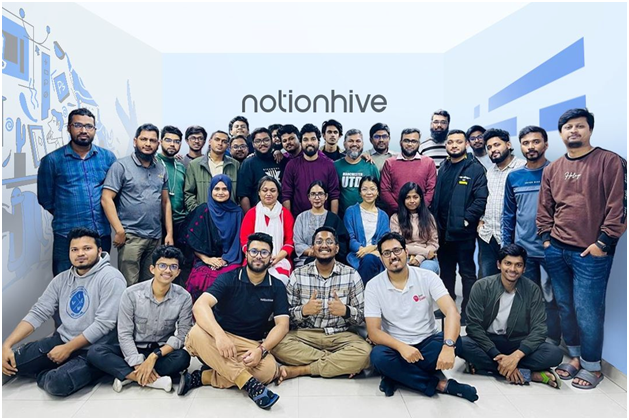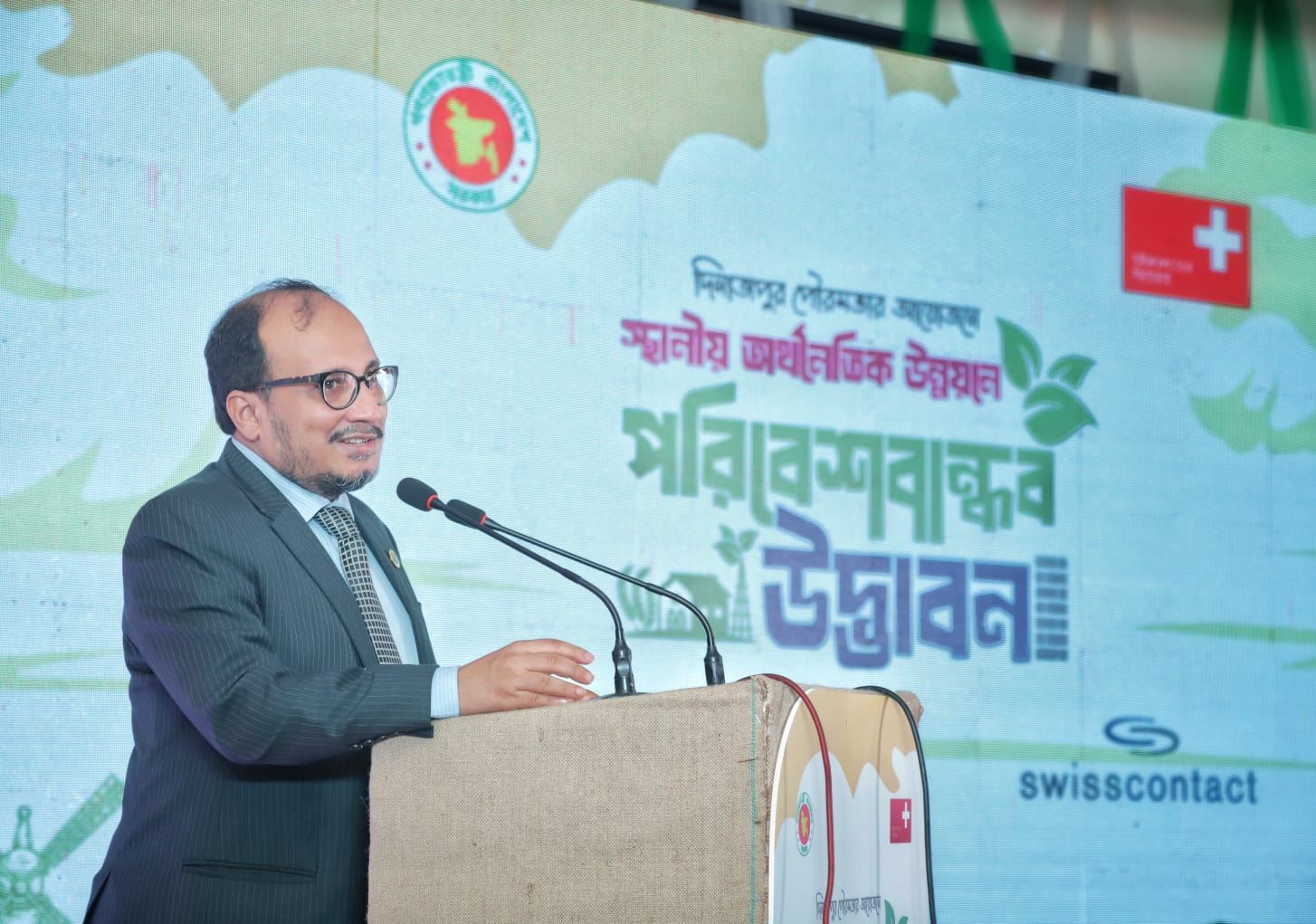
Joaquín Guzmán Loera, aka 'El Chapo'. COURTESY
Joaquín Guzmán Loera, aka "El Chapo," is a Mexican drug lord who was head of the Sinaloa cartel, the world's most powerful drug-trafficking organization.
Who Is 'El Chapo?'
Joaquín Guzmán Loera entered the drug trade as a teenager. Nicknamed "El Chapo" (or "Shorty" for his 5'6" height) he founded the Sinaloa cartel in 1989, over time building it into an immensely profitable global drug-trafficking operation. Known for his violent actions and powerful influence, Guzmán successfully orchestrated daring escapes from maximum-security prisons in his home country. One such escape came in July 2015, although he was recaptured the following January in the Mexican city of Los Mochis. Extradited to New York City to stand trial, the drug lord was convicted of a slew of charges and sentenced to life in prison in 2019.
Early Years
Mexican drug lord Joaquín “El Chapo” Guzmán Loera was born in the rural Mexican town of Badiraguato. The date of his birth is believed to be April 4, 1957, according to Time magazine, although other outlets list December 25, 1954, as his birthday. Guzmán’s childhood was shaped by his family’s poverty and his abusive father, a violent man who was in the drug trade.
By his teens, Guzmán had been kicked out of the family home and was forced to make his own way. With little schooling in his background, he eventually found himself following his father's path, growing marijuana for small amounts of cash.
Rise to Power
By the late 1970s, Guzmán had proven his value in the narcotics business and begun working with another rising young dealer named Héctor Luis Palma Salazar. Guzmán oversaw the movement of drugs from his home district of Sinaloa, a crucial drug trafficking area on the western end of Mexico where narcotics flowed north to coastal cities and into the United States.
By his late 20s, the quiet but savvy Guzmán was supervising logistics for another drug kingpin, Miguel Ángel Félix Gallardo, founder of the Guadalajara cartel. Guzmán kept a low profile, but when his boss was eventually arrested for the 1985 murder of an American Drug Enforcement Administration (DEA) agent, he quickly emerged as one of the new faces of the Mexican drug world.
Sinaloa Drug Cartel
Inheriting some of his former boss’ territory, Guzmán founded his own cartel, known as Sinaloa, in 1989. By the early 1990s, Guzmán was on the radar of the DEA and FBI and was considered one of Mexico's most powerful and dangerous drug traffickers. As the power of the Colombian drug cartels like Medellin and Cali began to wane, Sinaloa was among the Mexican organizations filling the void. Under Guzmán’s direction, it took control of the cocaine trade extending from South America to the United States.
Part of the success stemmed from Sinaloa’s creative smuggling methods, most notably a series of air-conditioned tunnels that ran under the Mexican-U.S. border. Another method involved hiding cocaine powder inside fire extinguishers and cans that were labeled “chili peppers.”
"What Al Capone was to beer and whiskey during Prohibition, Guzmán is to narcotics," said Art Bilek, executive vice president of the Chicago Crime Commission. "Of the two, Guzmán is by far the greater threat . . .And he has more power and financial capability than Capone ever dreamed of."
In addition to cocaine, Sinaloa trafficked heroin, marijuana and methamphetamine into the U.S. and beyond. Eventually, the cartel’s tentacles touched five continents and grew to be the biggest drug operation in the world.
Guzmán coupled that success with serious muscle. He established gangs with names such as “Los Chachos,” "Los Texas,” “Los Lobos” and “Los Negros” to protect his empire. Over the years, Guzmán’s men have been accused of committing more than 1,000 murders throughout Mexico, the casualties including both incompetent henchmen and rival bosses.
Arrests and Escapes
In 1993, Guatemalan authorities arrested Guzmán and extradited him to Mexico, where he was convicted and sentenced to a maximum-security prison for 20 years.
Even behind bars, however, Guzmán maintained his power. Through bribes he arranged for conjugal visits and was largely allowed to run his drug operation. With his near-mythical lore already established in Mexico — many villages in his home district saw Guzmán as a Robin Hood-like figure — his legend grew in 2001 when, with the help of bribed prison guards, he escaped prison via a laundry cart. A federal investigation led to the arrest of 71 prison employees, including the warden.
On the lam but not out of the drug business, Guzmán only tightened his control and expanded his fortunes over the next decade and a half. In 2009, Sinaloa was reportedly pulling in $3 billion annually, putting Guzmán’s net worth at around $1 billion. That earned him the No. 701 ranking on the Forbes list of the world's richest people.
Guzmán quickly became the No. 1 drug target of the U.S. government, which offered a $5 million reward for information that led to his arrest. In 2012, the U.S. authorities froze the American assets of his family members.
An aggressive assault on drug cartels started by the Mexican government in 2006 failed to uncover Guzmán, who moved freely around his country. He even got married during that time period, celebrating the event with a large party that included police officers and local politicians among the guests.
In February 2014, Guzmán was finally apprehended in a hotel in the Pacific beach town of Mazatlán, Mexico. Declining requests by American officials to have Guzmán extradited to the United States, Mexican President Enrique Peña Nieto vowed that Guzmán wouldn’t escape again.
“[It] would be more than regrettable,” Peña Nieto said at the time, “It would be unforgivable for the government not to take the precautions to ensure that what happened last time would not be repeated.”
Yet, less than 18 months later, Guzmán orchestrated a second daring flight from prison in July 2015. For this escape, Guzmán slipped through an opening in his cell’s shower section, made his way down a 30-foot ladder, and then traveled through a tunnel network that connected his cell to a house that was still under construction about a mile away.
On October 17, 2015, Guzmán was reportedly injured on his face and leg when escaping a failed military manhunt to capture him in the mountains of northwest Mexico. Around that same time, unbeknownst to the rest of the world, he conducted a secret interview with American actor Sean Penn. Guzmán wanted to make a movie about his life and managed to connect to Penn via Mexican actress Kate del Castillo.
Recaptured, Extradited to the United States
On January 8, 2016, Peña Nieto announced on Twitter that Mexican authorities had recaptured Guzmán after a shootout earlier that morning in the city of Los Mochis.
"Mission Accomplished," the president wrote. "We have him."
The drug lord's apprehension came one day before his interview with Penn was published on Rolling Stone's website. It was unclear whether his communication with the actor contributed to his capture, although Mexican authorities cited the monitoring of his electronic exchanges as helpful to the process.
Guzmán was returned to the same prison from which he escaped the previous summer. He was later moved to a facility near the U.S border in Juarez, Mexico. In October 2016, Vicente Bermudez Zacarias, the judge presiding over Guzmán's case, was murdered near his home.
In January 2017, the Mexican government extradited Guzmán to the United States to face drug trafficking and other charges. The following day Guzmán appeared in U.S. Federal Court in Brooklyn, New York, and pleaded not guilty to over a dozen charges.
In May 2018, one of Guzmán’s lawyers, A. Eduardo Balarezo, asked Judge Brian M. Cogan to move the trial from Brooklyn to the federal courthouse in lower Manhattan, which is directly connected to the high-security facility where the defendant was being held. The request was denied.
Guilty Verdict and Sentencing
On February 12, 2019, following more than 200 hours of testimony from 56 witnesses, El Chapo was found guilty on all 10 counts against him, including engaging in a continuing criminal enterprise, conspiracy to launder narcotics proceeds and use of firearms.
On July 17, 2019, Judge Cogan sentenced El Chapo to life in prison plus 30 years, along with ordering him to pay $12.6 billion in restitution.
Children
It's believed Guzmán has married at least three times and is the father of nine, possibly 13 children. Among his children who have taken roles within their father's drug-trafficking business, Ivan Guzman is perhaps one of the most conspicuous, sharing his extravagant playboy lifestyle full of cars, wild animals, guns and parties, on social media.






0 Comments